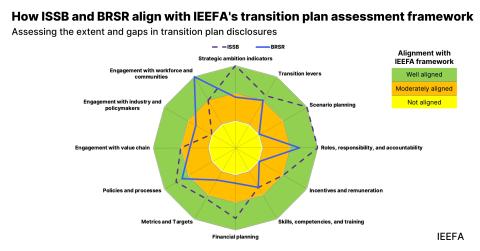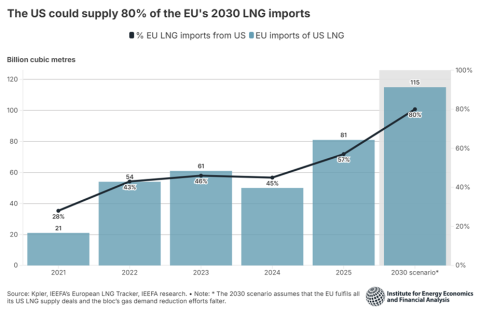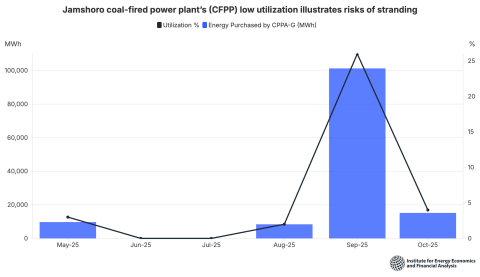Financing a greener European heating sector: A Polish case study
Download Full Report
View Press Release
Key Findings
Our study finds that waste heat recovery (WHR) offers the lowest risk/return option. WHR from steel offers highly attractive financial returns, particularly in scenarios with carbon pricing where it could cost efficiently operate as baseload, substituting for coal CHP where possible, and providing a hedge against higher carbon prices.
While WHR from wastewater offers lower returns, it is proven and very low risk, and we conclude it could support steel WHR in a low-carbon heating portfolio.
Executive Summary
We find that present energy policies make it economically rational for operators to continue to sweat ageing coal CHP assets for the next five years, which would result in more than ten million tonnes of CO2 emissions from these two plants alone, as well as significant local air pollution. We conclude that national and local Polish leaders should be bolder in addressing the major energy transition taking place, and securing a domestic energy supply. Encouraging a switch from coal CHP to gas or biomass CHP, from one polluting combustion technology to slightly less-polluting ones, is too incremental in the context of a major energy transition.















